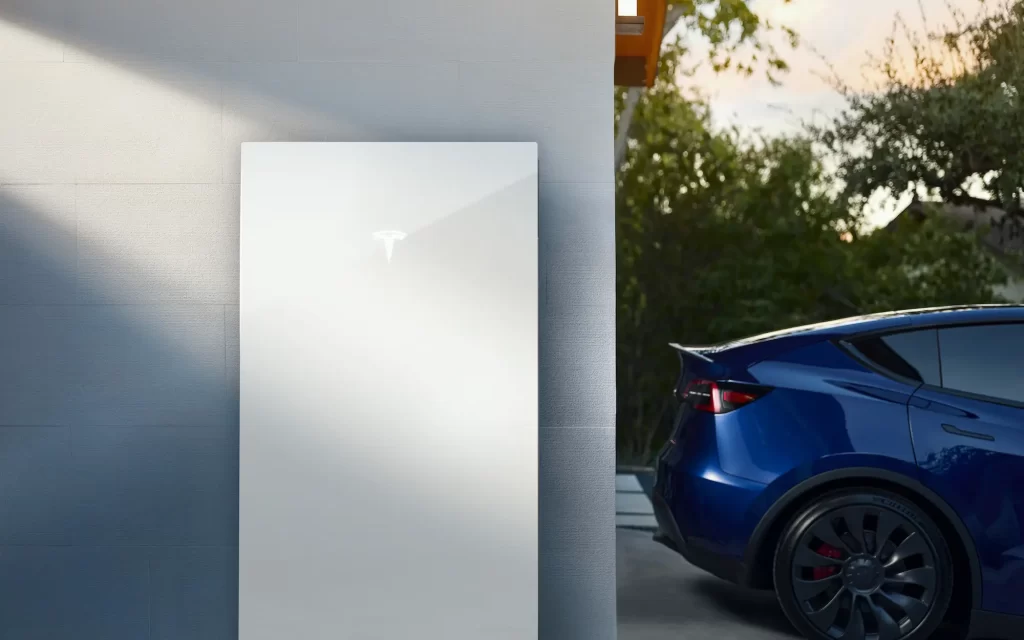Tesla in Argentina: Could fiscal attraction be the key to electric mobility?
Argentina has entered the race to host Tesla's first factory in South America. This ambitious initiative has the potential to transform the landscape of the regional automotive industry and boost the adoption of electric vehicles. But is the zero tax offer, released after a meeting between Argentine president Javier Milei and Tesla CEO Elon Musk, enough to attract the North American giant?

Current scenario: Argentina looking for investments and Tesla aiming for expansion
Argentina has been facing significant economic challenges for years. Foreign direct investment (FDI) is crucial to the country's recovery, and attracting a company of Tesla's caliber would represent a huge vote of confidence. Tesla, in turn, is constantly expanding globally. With factories in China, the United States and Europe, South America appears as a promising emerging market for the company. Setting up a factory in Argentina would allow Tesla to meet regional demand more efficiently and reduce logistics costs.
Tax benefits: Sweet incentive, but are there other variables?
The offer of zero tax on production is, without a doubt, a considerable attraction. This means that Tesla would be exempt from taxes on imports of machinery, exports of vehicles produced and possibly even on the company's income in Argentina (depending on the structure of the agreement). However, the decision to locate a factory involves a series of factors in addition to tax incentives.

Infrastructure and supply chain: Is Argentina prepared?
Argentina's industrial infrastructure needs modernization. The supply of stable and affordable electrical energy is essential for the production of electric vehicles. Additionally, Tesla relies on a robust supply chain to ensure efficient manufacturing. Argentina has an established industrial base, but the question is whether it can meet Tesla's high-tech requirements. Investments in infrastructure and the development of local suppliers would be necessary to make the country an attractive destination.



Consumer market: Does Argentina have enough demand to support a Tesla factory?
The size and maturity of the consumer market are also critical factors. Currently, the electric vehicle market in Argentina is incipient. Although there is growing interest in sustainable mobility, the high price of electric cars limits demand. Tesla's arrival could boost adoption through more competitive pricing, but success would depend on an efficient marketing and sales strategy, as well as government incentives for the purchase of electric vehicles.
Beyond zero tax: What can Argentina offer?
In addition to tax incentives, Argentina needs to present a comprehensive plan to attract Tesla. This could include:
- Infrastructure investments: Modernization of the electrical grid, creation of industrial zones with clean energy supply and incentives for the installation of local suppliers.
- Incentives for the adoption of electric vehicles: Reduction in taxes on imports of electric vehicles, subsidies for consumer purchases, installation of a national recharging network.
- Favorable regulatory environment: Simplification of licensing processes, legal stability and long-term policies to encourage investment in clean technology.
The Electromobility Law as a key factor
The approval of the Argentine Electromobility Law is essential to make the country more attractive for Tesla. This law would establish a regulatory framework for the development of the electric vehicle sector, including tax incentives, production targets and charging infrastructure. Currently, the bill is stalled in the National Congress, and its advancement depends on political consensus.

Tesla in Argentina: An opportunity with challenges
The attraction of a Tesla factory to Argentina represents a unique opportunity for the country to position itself as a regional leader in electric mobility. However, the success of this endeavor depends on a comprehensive strategy that goes beyond simple tax incentives. Investments in infrastructure, supply chain development, incentives for consumer adoption and a favorable regulatory environment are essential to making Argentina an attractive destination for Tesla. The approval of the Electromobility Law also plays a crucial role. Only with a long-term vision and a joint effort from the government, the private sector and civil society will Argentina be able to realize this dream and reap the fruits of the electric vehicle revolution.

Tesla vehicles in Santa Catarina: A new era of sustainable mobility
Tesla's arrival in Argentina opens up a range of possibilities for the region. Florianópolis, in Santa Catarina. With the factory being established in the neighboring country, the brand's electric vehicles will be able to reach the state through Mercosur, boosting sustainable mobility and generating numerous benefits for the region.
Facilitation of transport via Mercosur: The free movement of goods between Mercosur countries makes it easier and more affordable to transport Tesla vehicles to Santa Catarina. With local production in Argentina, import and logistics costs will be reduced, making electric cars more competitive in the Brazilian market. This means that residents of Florianópolis will have more high-quality electric vehicle options, driving the adoption of this sustainable technology.
Benefits for the environment and health: Electric vehicles do not emit polluting gases, contributing to the reduction of air quality and the mitigation of climate change. Florianópolis, this would translate into cleaner air, lower rates of respiratory diseases, and a healthier environment for everyone. Furthermore, electric cars are quieter, reducing noise pollution in cities.
Positive impact on the economy: The arrival of Tesla in Argentina and the resulting easier access to electric vehicles in Santa Catarina could have a positive impact on the local economy. The creation of new jobs in the area of logistics, maintenance and sales of electric cars, in addition to the increase in green tourism, are some of the expected benefits. Furthermore, the adoption of this sustainable technology can contribute to reducing fossil fuel costs, benefiting both consumers and the environment.
